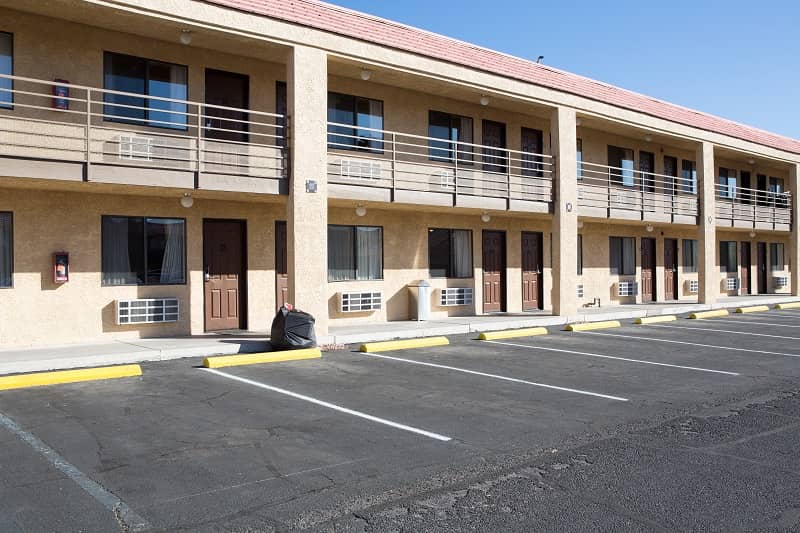 Before the House Education Innovation Subcommittee
Before the House Education Innovation Subcommittee
in favor of removing restrictions on public charter schools offering online courses
By Steve Buckstein
February 6, 2007
Good afternoon, Chair Komp and members of the Committee. My name is Steve Buckstein. I’m Senior Policy Analyst and founder of Cascade Policy Institute, a public policy research organization based in Portland.
As you know, one section of public charter school law ORS 338 requires 50 percent of online charter school students to live within the district that charters that school. Why should the state of Oregon impose such an artificial barrier on the power of the Internet to help kids learn?
History teaches us how the fear of change almost stopped progress. Remember the Luddites in early nineteenth-century England? They were textile workers who smashed the new steam powered looms in a misguided attempt to protect their jobs. They lost their battle when it became clear that the Industrial Revolution was making life better for most people.
Today’s Luddites oppose the Internet Revolution. Some fear for their teaching jobs if too many students find ways to learn online rather than sitting in classrooms.
But the legislative intent behind the charter law is clear. It asks for “…the creation of a legitimate avenue to take responsible risks to create new, innovative and more flexible ways of educating children within the public school system.” Goals of the legislation include:
- Increasing student learning and achievement;
- Increasing choices of learning opportunities for students; and
- Encouraging the use of different and innovative learning methods.
How do these progressive goals apply to the Internet?
The very nature of the Internet liberates us from geographic restrictions and barriers. It allows us to talk with – and learn from – people around the world as easily as we learn from our classroom teachers.
Requiring half the kids in an online charter school to live within one district’s boundaries is like requiring eBay buyers to make half their purchases within their hometowns. That would simply make every consumer worse off.
Or, it’s like saying that 50 percent of the people watching this hearing right now on TheOregonChannel.com must live in Salem. Why do you encourage all Oregonians to watch and learn from your proceedings here, while at the same time you put artificial walls around online charter schools to keep most kids in the state out?
The Luddites would have loved such restrictions. But most Oregonians are more enlightened than that. We know that allowing new, innovative and more flexible ways to educate our children is essential in this information age.
We should be removing artificial barriers that stand in the way of Internet learning. So, to paraphrase a line from history, Madam Chair, tear down this wall.
Thank you for the opportunity to testify before you today. I’ll be glad to answer any questions.











